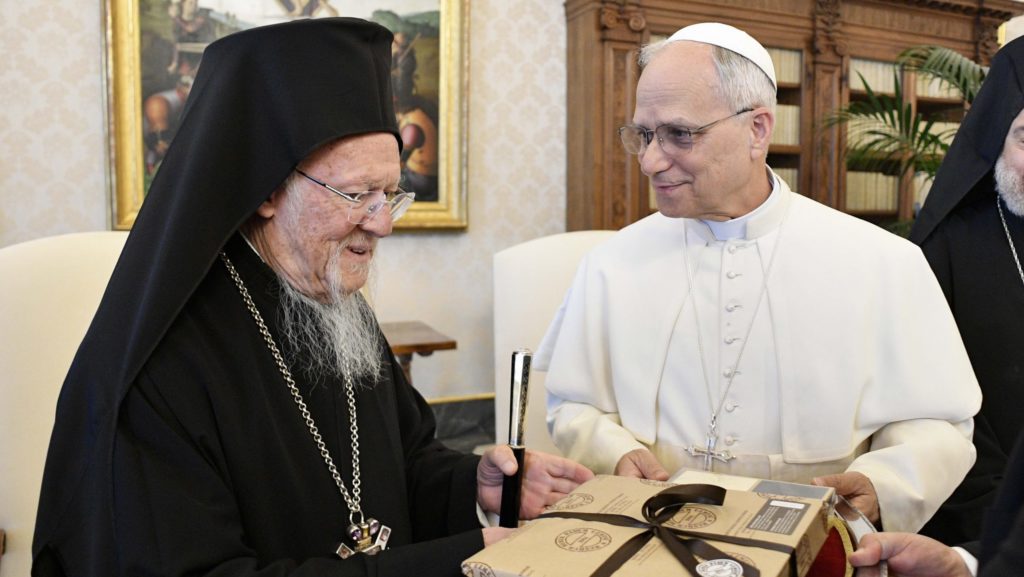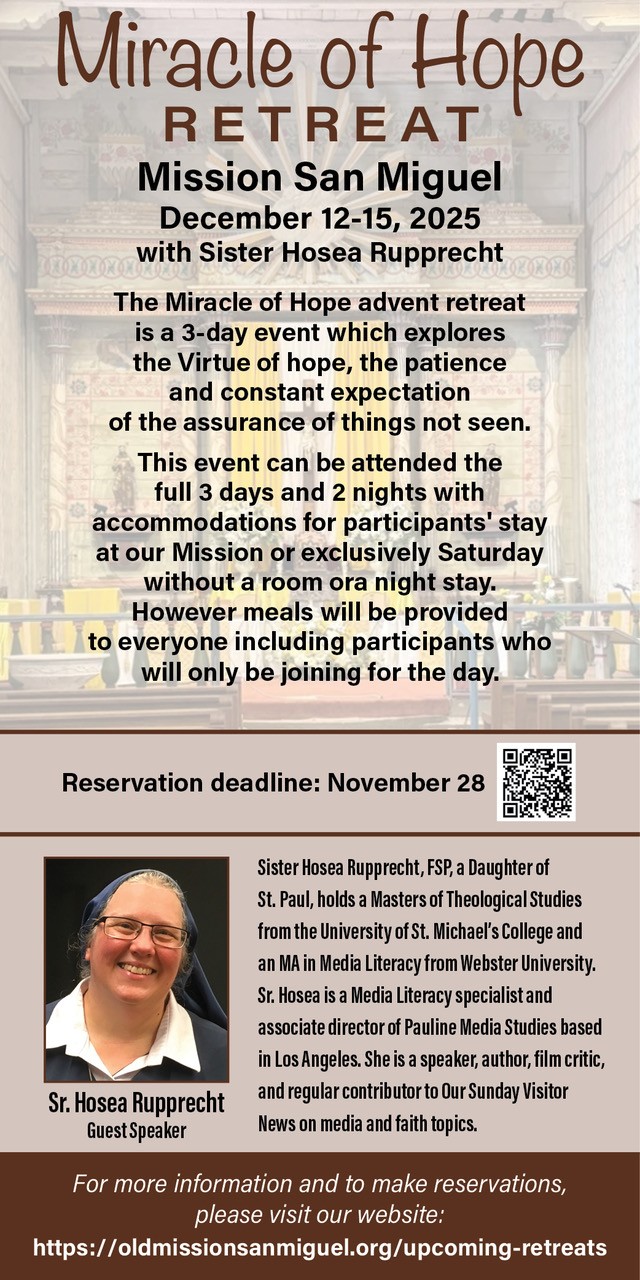By choosing to make his first trip as pope to Turkey and Lebanon, Pope Leo XIV will shine a huge spotlight on the faith Christians share and on the yearnings for peace and prosperity common to all people.
The main motivation for the trip Nov. 27-Dec. 2 is to celebrate the 1,700th anniversary of the Council of Nicaea, which laid the basis for the Creed all mainline Christians still recite.
But the pope is scheduled to spend only one hour near the archaeological excavations of the ancient Nicene Basilica of St. Neophytos in Iznik, Turkey, where there will be an ecumenical prayer service Nov. 28 commemorating council's anniversary.
Orthodox Ecumenical Patriarch Bartholomew of Constantinople will host the visit and has invited the three other Greek Orthodox patriarchs of the East -- the patriarchs of Alexandria, Antioch and Jerusalem -- to join them, along with representatives of other Christian communities.
The Council of Nicaea, convoked by the Emperor Constantine, met in 325 to resolve issues that were tearing the Christian community apart, particularly the crisis posed by Arius, who taught that Jesus Christ was not eternal but was created by God the Father.
More than 300 bishops from across the known Christian world met at Nicaea, condemned Arius and professed "the Son of God is 'begotten, not made, of the same substance -- homoousios -- as the Father,'" as the Catechism of the Catholic Church explains.
The teaching is an essential truth of Christianity, the catechism says: "Jesus Christ is true God and true man, in the unity of his divine person; for this reason he is the one and only mediator between God and men."
Catechetical material prepared for the anniversary by the Greek Orthodox Archdiocese of the United States explained: "Our salvation depends on who Christ truly is. If He were not fully God, He could not unite humanity to God. If He were not fully human, He could not heal and redeem our human nature."
In Turkey and Lebanon, Pope Leo also will meet with government officials and is likely to praise the people of both nations for the generosity they have shown to refugees, particularly from Syria. Lebanon has the highest number of refugees per capita in the world, and Turkey is not far behind.
Many Syrian refugees have begun returning home, but fragile -- and often interrupted -- peace throughout the Middle East will be on the pope's mind during the trip, especially once he arrives in Lebanon Nov. 30.
Despite a ceasefire agreement, Israel has been targeting what it says are Hezbollah and Hamas militants in southern Lebanon; 13 people were killed Nov. 18 when Israel fired drones and missiles on what it claimed was a Hamas training camp.
Father Paolo Pugliese, superior of the Capuchins in Turkey, told reporters in Rome Nov. 18 that papal pleas for peace, especially in Gaza, have given Turkey's small Catholic community a visibility and credibility that other Christians might not enjoy.
"The pope has our back," he said. "First Francis and now Leo, for example, have spoken significant words about Gaza -- personally, and while others remained silent. In this land, hearing those words from the popes was not insignificant and helped to increase our credibility."
Christians make up less than 1% of the population in Turkey which, while overwhelming Muslim, is constitutionally a secular democracy. The Vatican estimates there are 36,000 Catholics in Turkey, and they belong to the Latin, Armenian, Chaldean and Byzantine rites.
Father Pugliese said the church in Turkey is growing and not only because of Catholic students from Africa and workers from the Philippines. "Many Turks, local people, are interested in Christianity and want to become Christians."
Young people especially "knock on the doors of our churches because they want to know Jesus," he said.
In Lebanon, Christians make up at least 33% of the population. The Vatican estimates Catholics number more than 1.9 million with the Maronite Catholics forming the largest rite. The Catholic community also includes Melkite, Armenian, Syriac, Chaldean and Latin Catholics.
While Pope Leo will hold meetings with Catholic bishops, priests, religious and pastoral workers in both countries, relations with other Christians and with Muslims will be high on the agenda.
The pope will visit the famed "Blue Mosque," formally called the Sultan Ahmed Mosque, in Istanbul Nov. 29 and will hold an ecumenical and interreligious meeting in Beirut Dec. 1.
In addition to the ongoing violent clashes with Israel, Lebanon has been beset by a deep economic crisis and, until the beginning of 2025, a political crisis that left the nation without a president for two years. And citizens still are waiting for a clear explanation of the cause of the 2020 explosion at Beirut's port, where Pope Leo will stop to pray.
The blast, triggered by the ignition of thousands of tons of improperly stored ammonium nitrate in the port's silos, killed more than 200 people. Some 7,000 others were injured, and an estimated 300,000 people were displaced. Because the port is close to predominantly Christian neighborhoods, many of the victims and displaced people were Christians.
Carmelite Father Michel Abboud, president of Caritas Lebanon, told Vatican News that Pope Leo's trip is "a visit of solidarity: thanks to it, the people will know that, despite all the difficult situations they have gone through, they should not feel abandoned. The church and the world stand beside Lebanon."
Father Abboud said Lebanese know that peace, respect and mutual help among believers of different religions is essential for their survival and for their faith.
"If Muslims believe that God is merciful, then they must live the consequence of that; this mercy is for the people they live alongside. If Christians believe that God is love, then they must live this love toward others," he said. "So, if every community lives out its faith, we will live in harmony."

